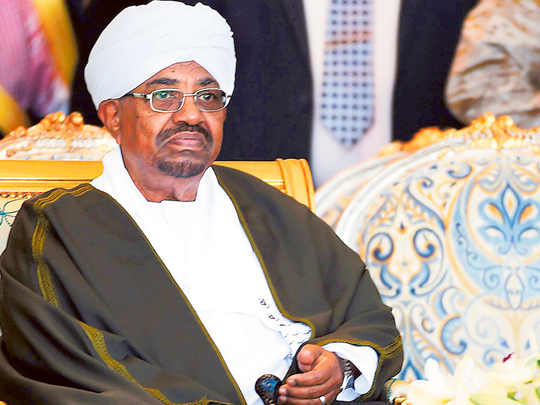
African leaders have adopted a strategy calling for a collective withdrawal from the international criminal court (ICC). The non-binding decision came behind closed doors near the end of an African Union summit.
It was the latest expression of impatience by African leaders with the court, which some say has focused too narrowly on Africa while pursuing cases of genocide, war crimes and crimes against humanity. Late last year, South Africa, Burundi and the Gambia all announced plans to leave the court, leading to concerns that other states would follow.
The move follows similar announcements from Burundi and South Africa, who informed the United Nations (UN) secretary-general, Ban Ki-moon, of their decision to quit the court last week, making them the first countries to begin the year-long exit process in the court’s 18-year history.
Burundi’s parliament has claimed the court is merely “a political tool used by [foreign] powers to remove whoever they want from power on the African continent”.
The ICC had said in April it would investigate outbreaks of violence in Burundi, which has been mired in a political crisis for more than a year.
South Africa announced it would be leaving the court on similar grounds, arguing that the ICC’s Rome statutes were at odds with its own laws granting leaders diplomatic immunity.
There have been a number of complaints that the ICC is biased, and some politicians have denounced the tribunal as an instrument of colonial justice.
Of the 10 cases being investigated by the court, nine involve African countries, including all three trials. So far, ICC arrest warrants have only ever been issued for Africans.
While there may be sound reasons for this — five African countries have referred themselves to the court, for example, and 33 African states have ratified the Rome statute that established the ICC, making Africa the largest continental bloc — the perception that it targets Africans exclusively has left the court vulnerable.
As a result, the court is facing what appears to be a coordinated revolt that risks destroying its legitimacy. Desire Assogbavi, head of Oxfam International’s liaison office to the summit, confirmed the adoption of the strategy. A source close to the continental body’s legal council also confirmed it, saying countries had been divided on whether to call for leaving the court individually or together.
The source said the majority of countries also wanted the meaning of immunity and impunity amended in the Rome Statute, the treaty that set up the court in 2002. The source spoke on condition of anonymity because he was not authorised to speak to the press.
Some African countries have been especially critical of the ICC for pursuing heads of state. Sudanese president Omar Al Bashir has been wanted by the court since 2009 for allegedly orchestrating atrocities in Darfur. The ICC also caused an uproar among some African nations by indicting Kenyan president Uhuru Kenyatta on charges of crimes against humanity for 2007 post-election violence in which more than 1,000 died. The case collapsed because of what the ICC prosecutor called lack of cooperation by Kenya’s government.
Elise Keppler with Human Rights Watch’s international justice programme said the ICC withdrawal strategy has no timeline and “few concrete recommendations for action”. She pointed out that several African countries, including Nigeria, Senegal and the Republic of Congo, have spoken up in support of the ICC in recent months.
A draft of the strategy, obtained by the Associated Press, recommends that African countries strengthen their own judicial mechanisms and expand the jurisdiction of the African court of justice and human rights “in order to reduce the deference to the ICC”.












